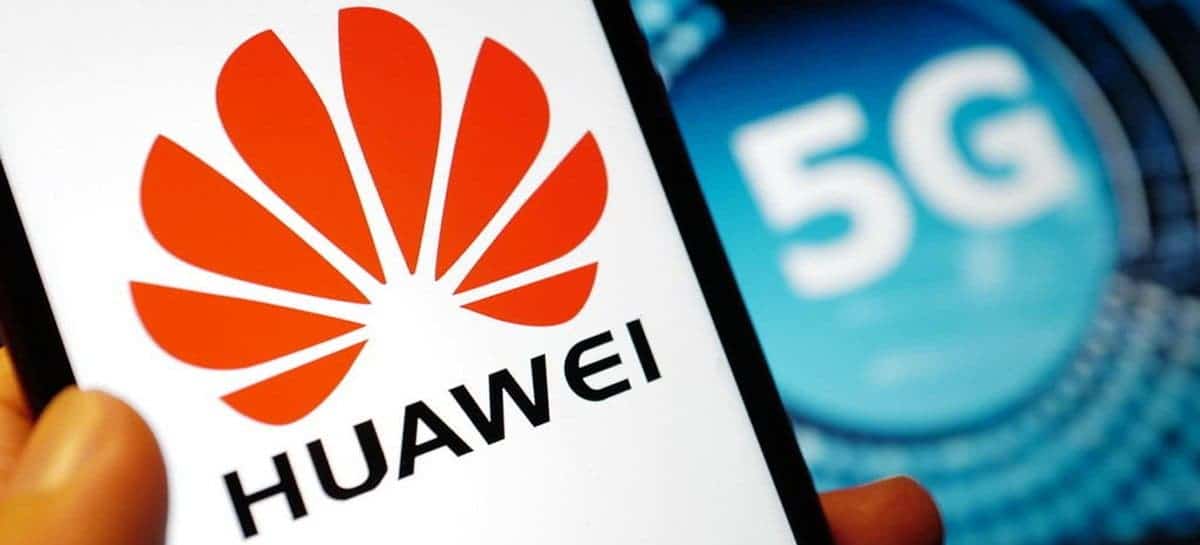“Better integrated policies covering the education, research and innovation sectors will boost EU economy”. That’s according to Abraham Liukang, who is the Huawei chief representative to the EU institutions. “EU policies must totally align when it comes to promoting education, research and innovation in Europe. This is the best way to ensure that the knowledge triangle of education, research and innovation is properly realized – thus delivering stronger economic and social returns for broader society, writes Colin Stevens.
“EU leaders are rightly prioritising economic recovery and are looking at innovative ways to boost economic activity in Europe. It is very positive news that the budget for the next multi-annual framework has been recently agreed by the EU institutions. This now gives the go ahead for key EU backed economic instruments to be rolled out from the beginning of next year.

Abraham Liukang, Huawei chief representative to the EU institutions
“€95.5 billion has been allocated to Horizon Europe – the flagship EU research, innovation and science instrument. Enshrined within Horizon Europe is support for basic scientific effort but it also backing the roll-out of innovative products into the marketplace. This is a key challenge for Europe. It is the capability to turn excellence in science into tangible benefits for society.
“Europe is in a strong position to boost its innovation eco-system. 25% of all global R&D is carried out in Europe.
“I welcome the fact that €3.1bn has been allocated to the EIT under Horizon Europe. This is a clear recognition that the EIT is producing strong results in terms of its capability to forge partnerships between the education, business and research sectors.
“Investment in the education, research and industry sectors are key drivers for improved economic performance. But these sectors must not operate in a silo. They must work together in an integrated manner. This is a key finding too of the recently published OECD digital economy outlook 2020.
“The strategic approach of Huawei is to link and to fully integrate the work that we carry out with researchers on the one hand and with industry on the other. How else can the digital transformation of industries from the manufacturing, automotive and logistical sectors take place?
“Huawei is very well positioned to help achieve the EU policy agenda moving forward because the company is very much imbedded within the research ICT eco-system in Europe. We have been based in Europe since 2000 and we have been an active participant in a number of EU research initiatives including under the 7th Research and Technological Framework programme 2007-2013 and under Horizon 2020. Through our pan European network of 23 research centres and via our collaborations with over 150 universities, we are contributing to the innovation agenda in Europe.
“According to the Boston Consulting group survey 2020 of the most 100 innovative companies in the world, Huawei ranks 6th. Under the EU Industrial R@D scoreboard 2019, Huawei ranks 5th. So Huawei is the 5th highest private sector investor in the field of research and development in the world.
“In Huawei, we are fully aligned with the objectives of the European Skills Agenda.
“Huawei has established ICT academies globally, bringing the latest digital technologies to Europe and to cultivating local talent to equip them with skills that they will need in the digital era.
“Through our Seeds for the Future programme we will train this year around 650 students from 24 EU member states in digital skills.
“We are going to invest €1 million to support young European talent to create innovative applications and services. We will provide to students free access to development courses and virtual Codelabs.”




















